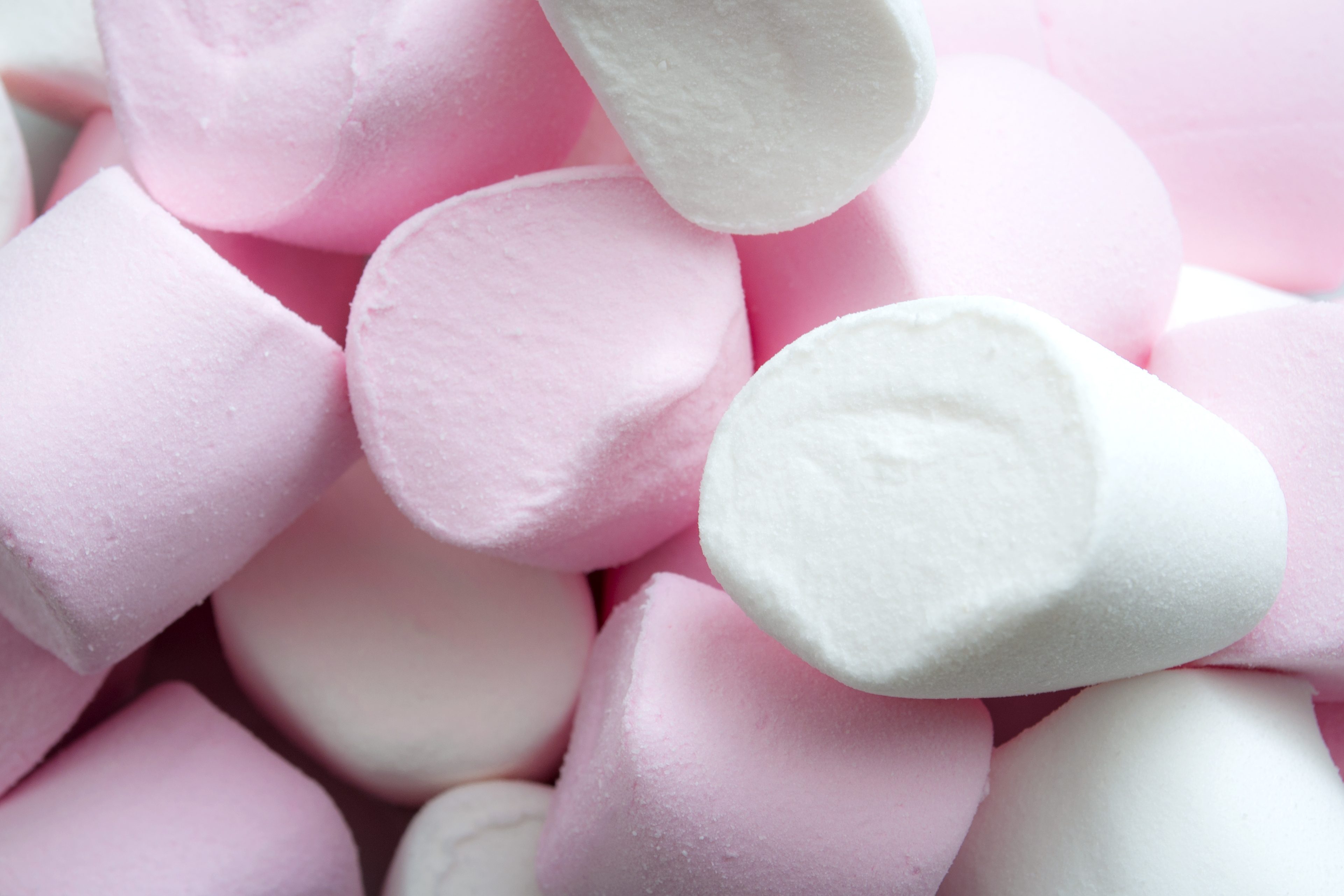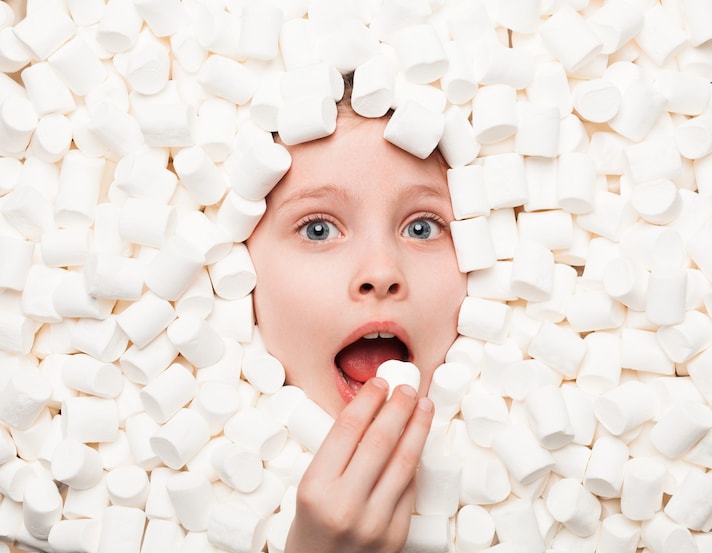The Famous Stanford Marshmallow Test – Now Debunked!
The Marshmallow Test is one of the most famous ‘tests of willpower’ ever devised. This 1960s research project was led by Prof Walter Mischel, a psychologist from Stanford University. The study was conducted on a group of children aged three to five, and followed up when they reached adulthood, with quite unexpected findings. But now, decades later, it seems the authors of this study came to the wrong conclusion!
;Resize,width=742;)
In the 1960s, Prof Mischel embarked on a study aimed at measuring a child’s willpower and self-control. The aim was to see if the level of willpower and self-control was an indication of success later in life. In the experiment, a group of children aged three to five were left alone in a room with a single marshmallow. They were allowed to eat the marshmallow as soon as they wished. However, if they were able to wait for 15 minutes, instead of eating it immediately, they would receive a second marshmallow. The research team followed up with these children 30 years later (in the 1990s) and found that those who were able to wait for a second marshmallow seemingly did better in life. They got higher grades, had a lower body mass index, and were generally more successful.

But in 2018 a study published in Psychological Science came to a different conclusion. It seems as though a child’s level of self-control is not an accurate predictor of successes later in life, as it was previously believed. Dr Tyler Watts and his team from New York University decided to repeat the study, but this time they included children from a more diverse background. The original study only included children from the Stanford University Campus pre-school (which necessarily ended up being a biased group). The new study also included a larger sample size – a whopping total of more than 900 children! Ten times more than the original study!

Although success later in life was slightly correlated with children who were able to wait, the new study found that the correlation itself was a rather weak. What the study did show, however, is that a child’s ability to maintain self-control is actually related to their level of intelligence, and that intelligence is instead a better predictor of superior adolescent math and reading skills.
Basically, the marshmallow test does not really analyze a child’s level of willpower and self-control, but rather their level of intelligence!
;Resize,width=767;)


;Resize,width=712;)
